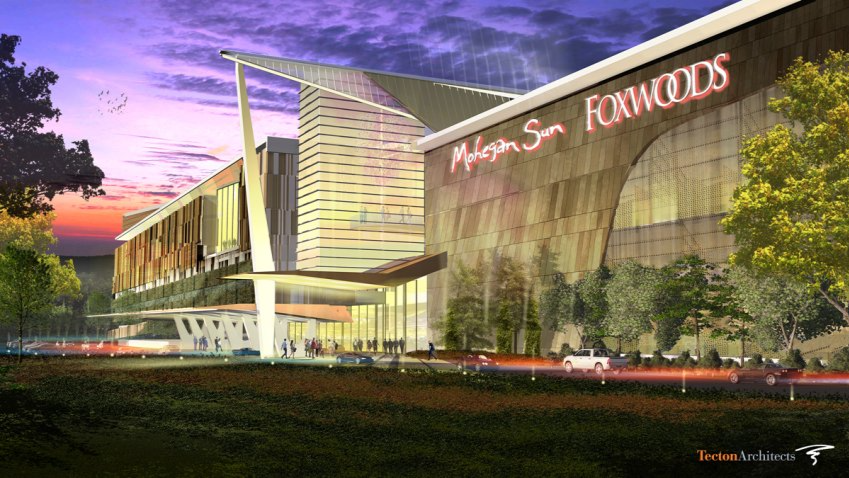Millions of dollars may be provided to East Windsor in annual payments if certain lawmakers in Connecticut have their way. The town lost a potential casino after the state decided to expand tribal gaming and will now be short millions in expected revenues. Initially, the Mashantucket Pequot Tribe and the Mohegan Tribe were to work together to create a casino in East Windsor. However, the casino plans were dashed with the final negotiations of new tribal compacts.
Losing Out on a Casino
Governor Ned Lamont signed a new Class III Gaming compact with both tribes, allowing them to add mobile sports betting and online gambling to their services. The goal of the compact changes is to provide the tribes with a way to stay competitive with nearby casinos in Massachusetts.
Within the compact, a stipulation was placed that the tribes can no longer go forward with the new casino plans. Back in 2017, a measure was approved that gave the tribes the right to come together and create the East Windsor casino. The property was to cost $300 million to construct and have 60 table games with 1,800 slots.
The tribes created a joint entity known as MMCT Venture, LLC and they were to pay East Windsor $40 million in five years. The casino was expected to push the economy to a much higher level in the local area, provide jobs, and boost tourism.
With the compact, it delays the authorization of the East Windsor casino through the 10-year term of the bill agreement.
Pushing for Payment
Senator Catherine Osten wants to see the city of East Windsor compensated for the loss. She is the chair of the Appropriations Committee who feels that $3 million a year is quality compensation for missing out on the casino installation.
The senator would like the city to be paid the amount until the property where the casino was to be located is either redeveloped by the tribes or sold. The new casino, named Tribal Winds, was supposed to be located the site of a former Showcase Cinema.
The property is vacant and still provided the city with around $130,000 a year in property taxes. That price point was lowered to $80,000 once the tribes demolished the former theater.
Jason Bowsza, the First Selectman for East Windsor says that the town would like to see the tribes develop the property. Perhaps create a big-box store or apartments. If not, they would like the tribes to sell the land to someone who will create such a development.
Mr. Bowsza stated further that he appreciates the effort made by Senator Osten but does not want to see the lot remain vacant for a decade when it could be used for something else.
It will be interesting to see how this plays out. Will the senator’s plan work and the city receive compensation for the loss? Or perhaps the tribes invested in the land will move forward to either sell it or turn it into something else.




